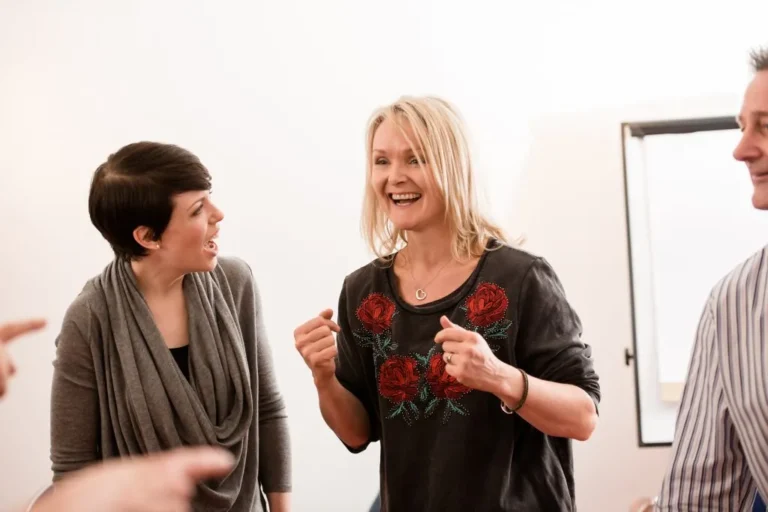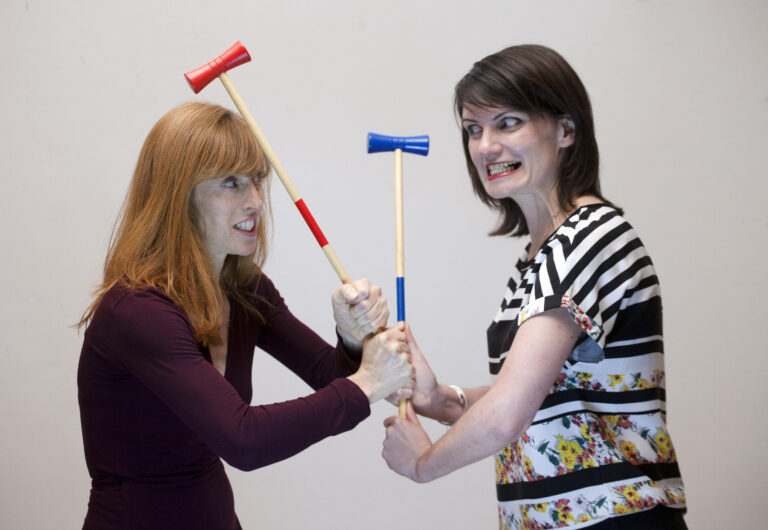
Trust: How to Build it
Learn how to cultivate the bedrock of any business relationship
Trust is central to pretty much everything in our lives. As one of our basic survival mechanisms, we use trust as an indicator of safety and value. We move towards things we trust and move away from things we distrust.
From a commercial perspective, trust is universally singled out as one of the most important qualities for organisations and individuals. We want to buy products and services from organisations we trust. We want to be employed by trusted organisations, and work with trusted colleagues and leaders.
But what behaviour builds trust, and how do you reestablish it after something doesn’t quite go to plan?
Like so many aspects of our lives, a small amount of proactive effort will ensure your business relationships with colleagues and customers are built on solid trust. Thinking consciously about trust also helps to challenge your assumptions. It can improve your ability to identify people, products and services that you can truly rely on, and those that may not be as trustworthy as they first appear.
Let’s look at ten key qualities that inspire trust, with an order of importance you may find surprising.
Caring
This may seem like a strange quality to start with, but our ability to care is the foundation for building trust. Fundamentally, the number one priority for human beings is to avoid harm. We want to be safe, which means knowing that the people we associate with have our best interests at heart. And the human mind can be good at detecting whether people appear to care about us. It can also be blinded, but we will come to that in a bit.
The people we trust in the workplace are those who bring value to our daily lives. That could be a manager who is happy to mentor us, or simply a colleague we can always rely on.
The same is true for the products and services we purchase. The concept of a trusted brand is first and foremost one that provides us with safe offerings that deliver value for money.
Objective
To be caring, a person needs to be objective. Only by thinking objectively can we identify the full scope of impacts that our actions might have. Self-absorbed people are less able to do this, which can lead to difficulties and even damage to other people’s lives.
The best way to care objectively is to ask yourself
“Could my actions bring harm to anyone or put them at risk?”
You can ask that before undertaking tasks, and before bringing new products and services to market. It’s even worth considering whether your actions could cause the perception of harm. After all, it’s often much easier to maintain trust than have to rebuild it once lost.
Confident
Unfortunately, we can be too quick to trust people simply because they present themselves confidently. That’s because we tend to associate confidence with strength, which is a quality we are naturally drawn to. No surprise that confidence is a key component of tricking people into doing things they shouldn’t do, such as inadvertently providing your financial details to a con artist.
Nevertheless, brands need to project confidence about their products and services to get people to buy them. Equally, individuals need to project confidence about the tasks they are going to perform. A lack of confidence can be off-putting, even if someone is extremely competent at the task itself. But don’t worry if you consider yourself to be an unconfident person. Confidence is something that can be nurtured.
Positive
Positivity goes hand in hand with confidence. We tend to trust people who have an upbeat approach to life because we assume they have a greater ability to achieve objectives. We perceive that positive people will look for solutions until they succeed, and pessimistic people will look for reasons to give up.
Exhibiting positivity and confidence will help to build other people’s trust in you, but bear in mind that having too much positivity can put you at risk. The key concern is that it undermines your ability to exhibit our next quality.
Reliable
Reliability is a more familiar entry in the list of qualities that build trust. Put simply, we trust people and organisations that do exactly what they say they will do.
Gaining a reputation for being unreliable doesn’t necessarily mean making mistakes or slacking. In fact, one of the most common reasons for unreliability is being too eager to please. In our desire to support the needs of colleagues and customers, we can sometimes over-promise. Unfortunately, failing to deliver can give the impression we cannot be trusted, even if our intentions were honourable at the time.
Depending on the situation, why not slightly under-promise? That way, when you deliver something to a higher standard or ahead of schedule, you are exceeding people’s expectations. And people love to have their expectations exceeded.
Consistent
Consistency strengthens reliability. It means that people come to expect specific characteristics from your products, services or the work you do.
Much of human learning is based on our exceptional ability to detect patterns. If we observe an event once, we may not draw any significant conclusions from it. But if we observe the exact same event two or more times, the mind will register it as a precedent. In other words, we conclude that a particular cause has a particular effect. This is why patterns of repetition are essential when communicating key messages.
Make sure your products and services consistently deliver value and consciously try to achieve consistency in your own work. That can be more than just doing a great job. You can be consistently caring, courteous, good at communication and pleasant to work with, among others.
Transparent
We find it hard to trust people and organisations that appear to be holding information back. When buying products and services, we want brands to provide us with a wealth of content to inform and reassure us. In the workplace, we want to know colleagues well enough to believe they aren’t hiding ulterior motives for their actions.
Transparency is about giving people enough information to trust you without overloading them with unnecessary detail. Try to identify the facts that will encourage someone to trust you, and deliver clear statements that provide reassurance.
Honest
Naturally, we tend to trust people and organisations that are honest and steer clear of those that turn out to be lying. Even exaggeration can put people off because it can easily lead to a failure to meet expectations.
Equally, we quickly lose trust in people who fail to warn or inform us when things don’t go as planned. That links to transparency. If a person or organisation makes a mistake, we want them to be transparent about declaring it and honest about the reasons.
Ethical
Work ethics can cover a great deal more than having a sense of right or wrong. Ethical people tend to be thorough, pay close attention to detail, and have a strong belief in consistently achieving a high quality of work. They also strive for excellence and take pride in what they achieve. Achieving all of this demands strong self-discipline and a sense of commitment to their purpose.
In recent years, projecting a strong sense of ethics has become much more important for brands as well, with some placing this quality front and centre of their brand image and messaging. These brands trade on being caring (our number one quality), committed and extremely disciplined about it.
Helpful
If caring means making sure we don’t harm anyone, then helping is going the extra mile to bring even greater value.
This comes back to surpassing people’s expectations. Whenever we do more than people expect, they see us as selfless and generous. This quickly builds a strong bond of trust because they expect us to do the same again in the future. As the phrase goes, if you want people to keep you around, make yourself indispensable.
Building Trusted Relationships
Impact Factory runs
Open Business Networking Courses
Tailored Business Relationship Management Training
Five-Day Immersive Communicate With Impact Workshops
and personalised
One-to-One Relationship Skills Training
for anyone interested in improving their









